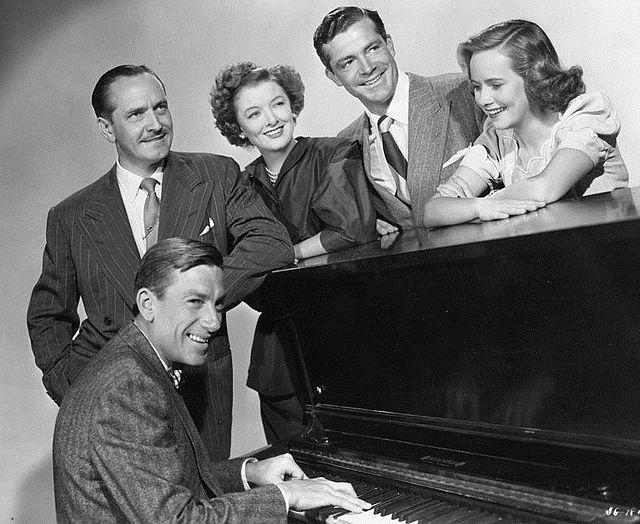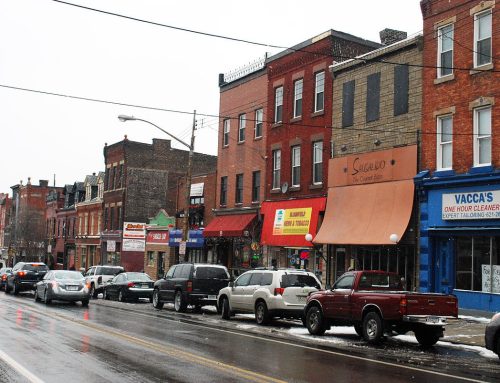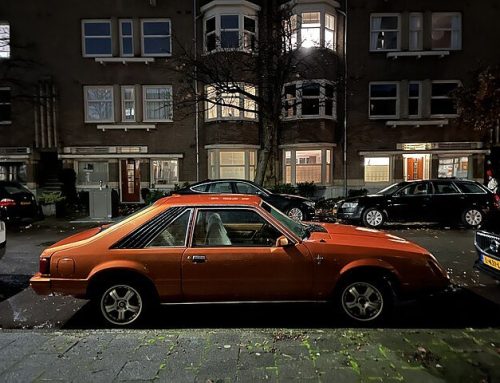By Kevin T. Cantwell
I tell people who are film and book people about the duration of time
in The Best Years of Our Lives, which made my ex and our late friend
Penelope cry when it ended. For me the story was always about my parents,
their year, 1945, the same year my father’s airborne unit had held
the northern, snowy shoulder of the Ardennes, only months before and then
he was a freshman at the University of Detroit. In the film, a cargo
transport takes Homer back to the imagined Midwest town of Boone,
but unlike those films that show air travel as a dotted line across a map
we hear the engines of the plane and a leisurely conversation that goes on
for some time, the light changing, the high clouds building, billowing
slow lead, but the point is that it goes on, that the film understands
how during these long pauses, between naps on duffel bags, the engines
rumble on. It takes time for time to happen and while it happens
in this film based on a book of blank verse based on the great Homeric
return, sleep will overcome us, though it was sudden how it ended, first
in Europe and later that summer while they awaited ships to take them
to Japan, the one bomb dropped and, a few days later, the other shoe.
In the film, Homer has two hooks for hands, and when he is confessing
to the girl who loves him that he cannot hold her, that in his dream
he is trapped in a burning room, we understand that he is an innocent,
and she will have to take the harness off that holds his artificial arms,
and that he cannot touch her, of course, with those two steel prongs.
He was not an actor in life but a veteran who had been severely burned
in a military training accident. Anyone can look this up. And my mother
and father both wept when they saw the film, which opened, despite
the theme of slow unfolding time, very soon after the war. And my mother
wept for her beau, out of fuel, slipped below the Channel, whose class ring
she kept for the rest of her life, and my father himself wept for her
and for the cities they bombed and bombed and bombed each night.
If you come to me and ask, as people will do in these strange parts,
if I am a Christian, I will say I believe in Christ, yes, that he was real,
that I do believe in him, his teachings, but those miracles, well,
I cannot say, as I too am helpless in a room whose doorknob will not turn
and for whom St. John has offered through Christ that whoever believes
in him will have eternal life, if that is solace, and if from the cold dream
of this suffocation I can lift my arms.
Kevin Cantwell is the author of the poetry collections One Thousand Sheets of Rice Paper (Mercer University Press, 2023),Something Black in the Green Part of Your Eye (New Issues Poetry & Prose, 2002), and One of Those Russian Novels (What Books Press, 2009). He has received a River City Poetry Award, an Agnes Scott Poetry Award, and a James Dickey Prize. Cantwell edited Writing on Napkins at the Sunshine Club: An Anthology of Poets Writing in Macon (Mercer University Press, 2011). He works in the president’s office at Middle Georgia State University.






